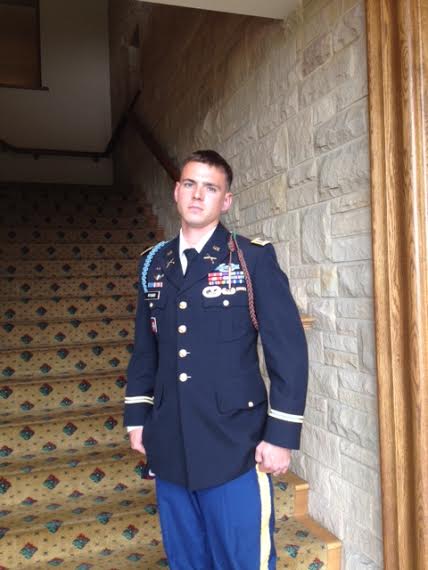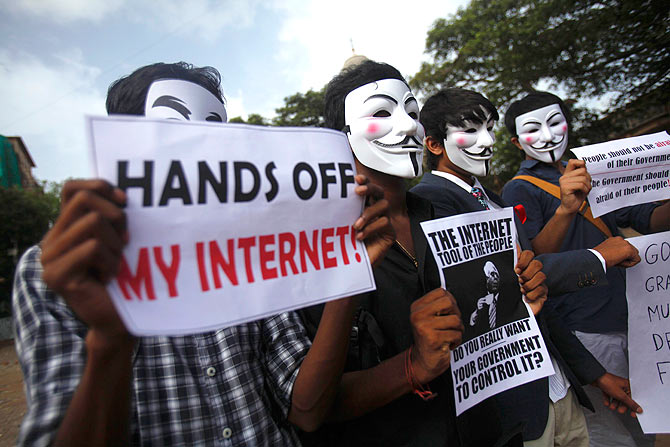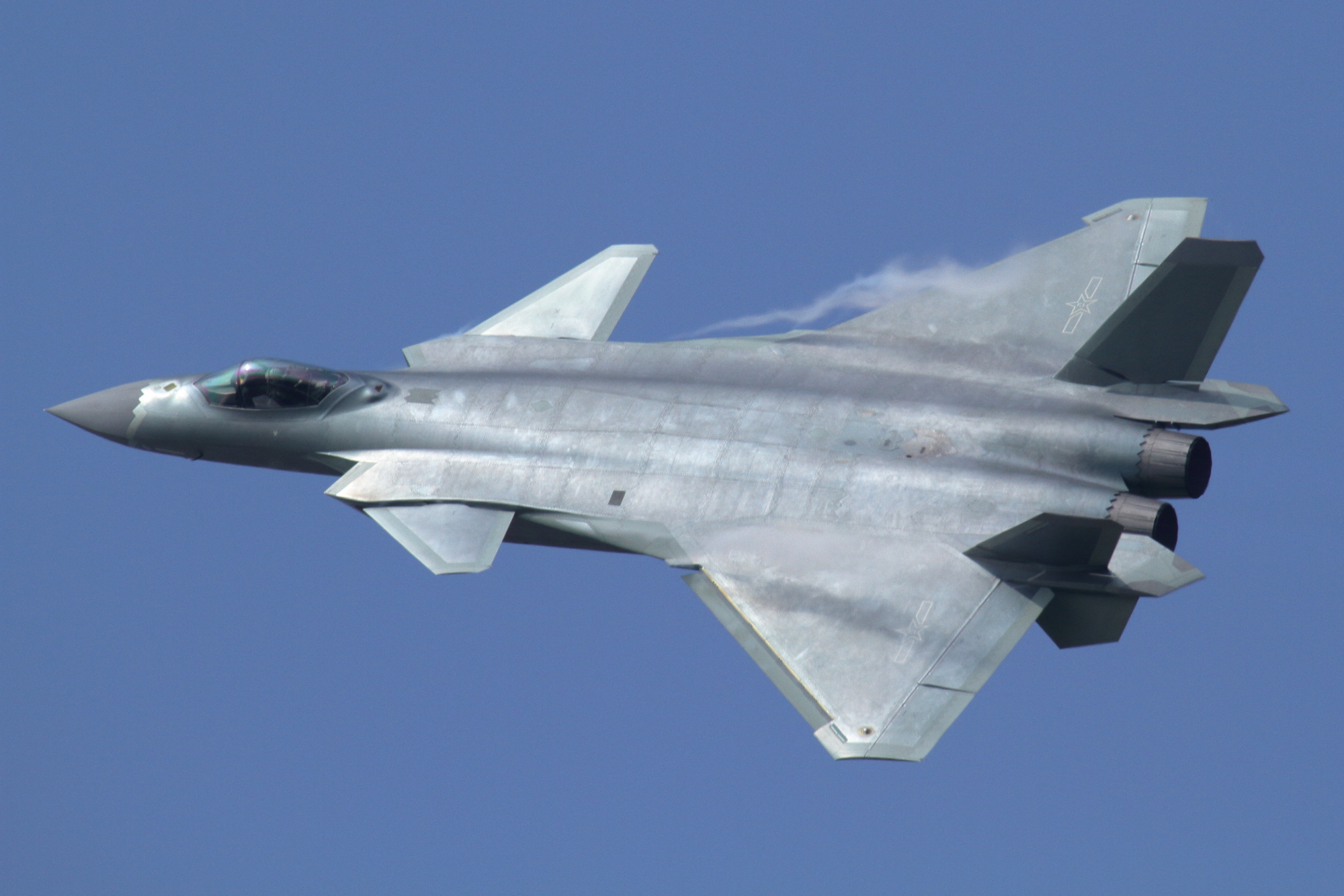On Sept. 1 2014, the ‘Return to Hope: NATO’s Journey in Afghanistan’ project website was launched (www.returntohope.com) as a means to chronicle the stories of those who overcame adversity in Afghanistan. The site features the stories of six real people who have extraordinary stories to tell. On Thursday, at the Celtic Manor Resort as part of Day 1 of the NATO Wales Summit, the NATO Council of Canada interview Lt. Josh Pitcher. Lt. Pitcher is the first member of the 82nd Airborne Division (US Army) to return to paratrooper duty as an amputee, after losing his his left foot to a IED while leading a patrol in Zharay province in southern Afghanistan.
NCC: First of all, would you like to share a little bit about your story?
Lt. Pitcher: “I was on my first appointment in Kandahar in 2012. We were running combat missions, partnering with the Afghan Security Forces and the Military. On April 15th, I was wounded by an IED on a dismounted patrol in the Zharay district in Kandahar. After 13 months of intensive therapy and recovery, I returned back to my unit and redeployed last December. I just came back here a few weeks ago. This time we deployed up North and worked with PRTs (Provincial Reconstruction Teams) and different contractors, the AnStaff Forces, basically helping turn over facilities and equipment over to the Afghans, so that they have the ability to operate after we leave.”
NCC: After your injury, what was your primary motivation in returning to Afghanistan? Especially in such a physically-intensive role?
Lt. Pitcher: “Finish the job. I owe a world of my own to my wife, my family, my country, to continue serving. I’ve been in the military my whole life. I was a military brat under my father—he served. Even while he was still serving, I went into the RTC and commissioned. I wanted to do a career in the military. I’m not going to get out of the military after a year of serving just because I got wounded. If I can stay in and keep doing my job, I’m going to keep serving: make a difference.”
NCC: What are some of the most common public misconceptions about the mission in Afghanistan?
Lt. Pitcher: “Everybody compares Iraq and Afghanistan. Whereas it’s two different enemies, two different cultures—very different cultures. Fighting an Afghan and fighting an Iraqi, granted I’ve never been to Iraq, is not the same.
NCC: How would you say the nature of warfare has changed in the 21st c.?
Lt. Pitcher: Well, the biggest thing that’s come out of it out now, you’ve got the UAVs and you’ve got a lot of cyberwarfare now and that helps make special operations, psychological operations: very important now.
NCC: Could you give us an example of a psychological operation?
Lt. Pitcher: “An example of a PsyOp would be, say, there’s a hostile village and you’re about to have elections and you want to bring elections over to that village. You can drop pamphlets explaining or showing that voting for your new leader, it helps you play a part in for your society. You can make a difference by voting. So if you spread awareness about voting to the Afghan people, then ‘wow, okay, I’m going to vote now and the next leader we can have: I made a difference.'”
NCC: “By participating in the Return to Hope project, what did you hope to achieve and what would you like to see achieved?
Lt. Pitcher: Essentially right now, the biggest thing I’d like to see happen is [increasing] the awareness for wounded veterans that want to continue serving. I know that a lot of militaries are downsizing right now but just because you’re downsizing doesn’t mean that you should discharge those who have already been wounded. There’s always a place for wounded veterans in any army to serve, because they gave for their country and the country deserves to give back to them. If [wounded veterans] can help, we’ll help in any way. I wanted to increase awareness that wounded soldiers [wanting to] continue to serve, they will continue to serve in any way they can.
NCC: In closing, is there anything you’d like to say to our readers back home in Canada?
Lt. Pitcher: I’ve worked a lot with the Canadian soldiers and the Marines over in Afghanistan. You guys are very professional. We appreciate everything you do. Thank you very much [to the Canadian Forces] for helping NATO make this a successful mission.”




